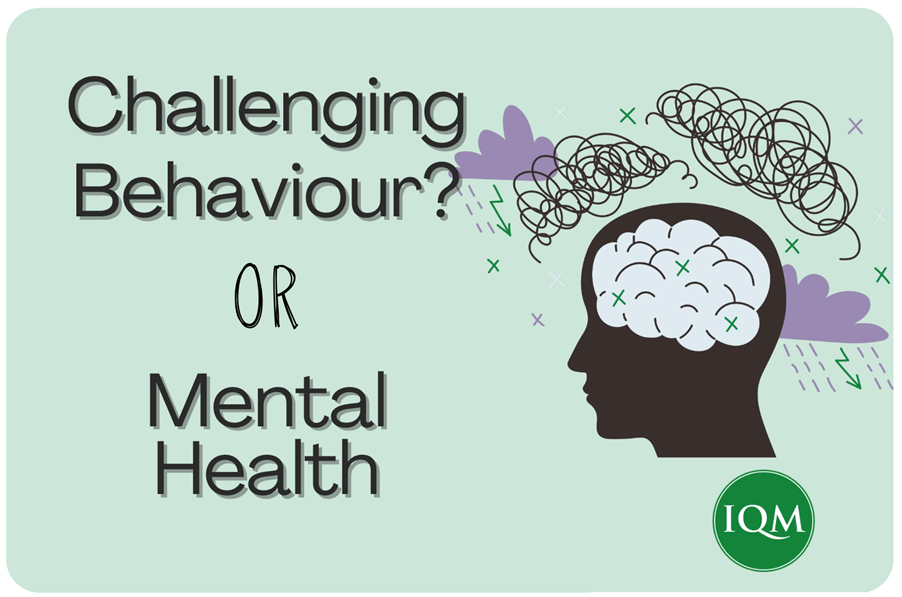Who is IQM?
IQM is the only national inclusion award in the UK. For over 20 years and in over 20 countries, schools, MATs and Local Authorities use the Inclusion Quality Mark to recognise exemplary inclusive practice.
Get in touch for your FREE school information pack today.
Effective Strategies For Inclusive Teaching
October 17, 2018


Inclusive learning gives students access to flexible learning choices and effective paths for achieving educational goals regardless of their background or identity. In an inclusive education environment, all children, whatever challenges they may have, learn together in an age-appropriate general education class in their own neighbourhood schools.
It is quite challenging to deliver this kind of learning as the instructor needs to ensure that all voices are heard and that all children have a chance to participate in the learning process. To deal with this complex environment, instructors must practice intrapersonal and interpersonal awareness, regular curriculum review and knowledge of inclusive practices. Here are some strategies to consider when designing an inclusive curriculum.
Every student has a preferred learning style. While some students are visual learners, others may grasp information better if it is being presented orally or taught through kinesthetic learning. As such, you must use a variety of teaching methods to support the different needs of your students. Through this, you’ll be able to provide each and every student the opportunity to learn in the way they do best. Incorporating different medium to present information is important in inclusive classrooms as well. In addition to the traditional lectures and text, you could also utilise theater, art, video and computer software.
All students need the opportunity to have learning experiences in line with similar learning goals. As a teacher, you should make sure that all students understand the instructions and participate in group discussions. Students must also transition in and out of the classroom at the same time to avoid comparison of their differences.
Developing a behaviour management plan can help you prepare for moments where students exhibit disruptive behaviours. The behaviour plan should be shared with parents and students, to make everyone aware of the expectations and consequences – should those expectations not be met. The most effective plans typically involve positive reinforcement and a clear understanding of the expectations.
Other Posts

About IQM
The only national award for inclusion in the UK, IQM has been committed to recognising exemplary inclusive schools for over 20 years and in over 20 countries around the world. The three awards allow schools and organisations to celebrate their inclusive practice against nationally recognised framework.
Site Links
© 2026 Inclusion Quality Mark | website developed & cared for by digidoda


